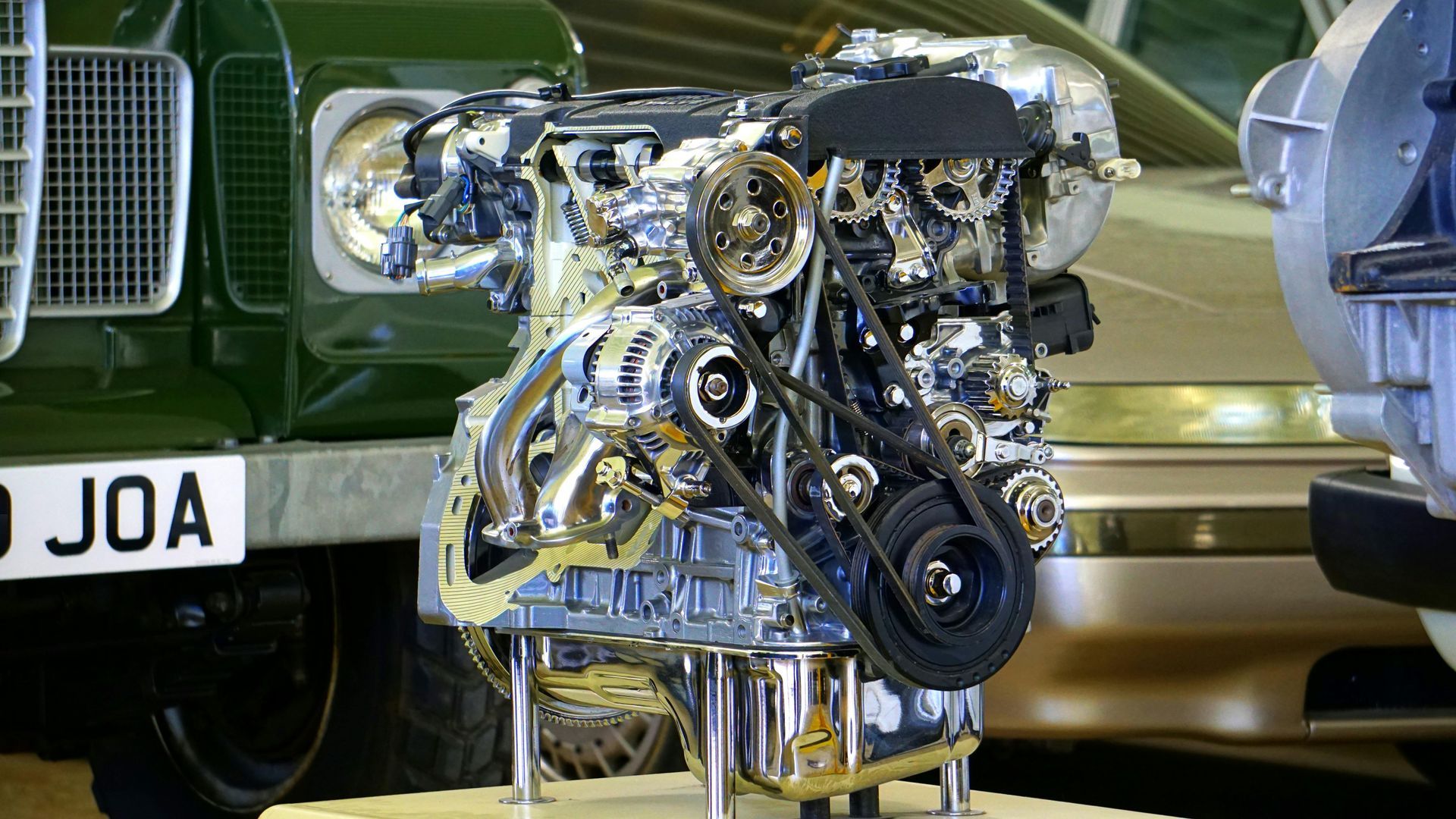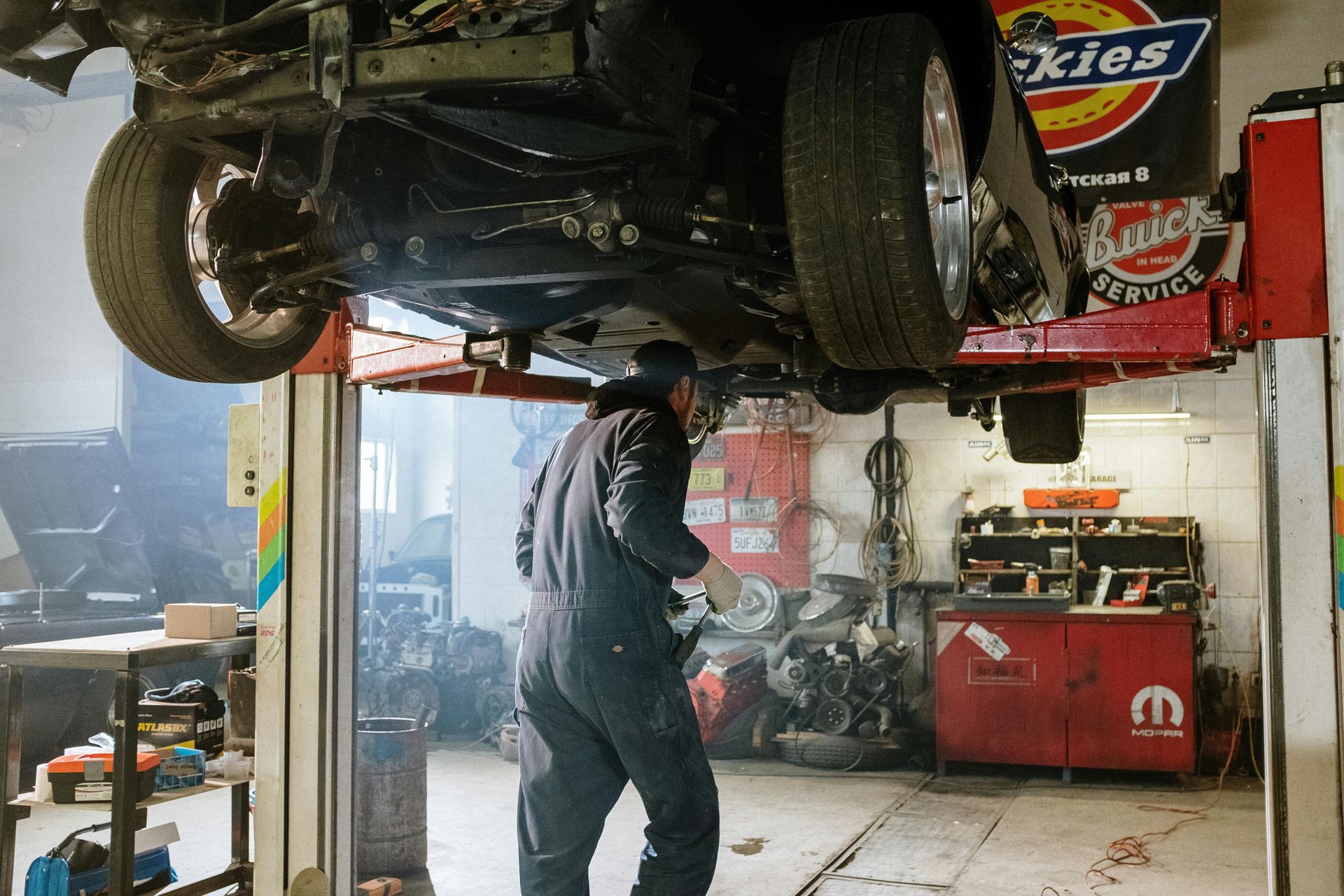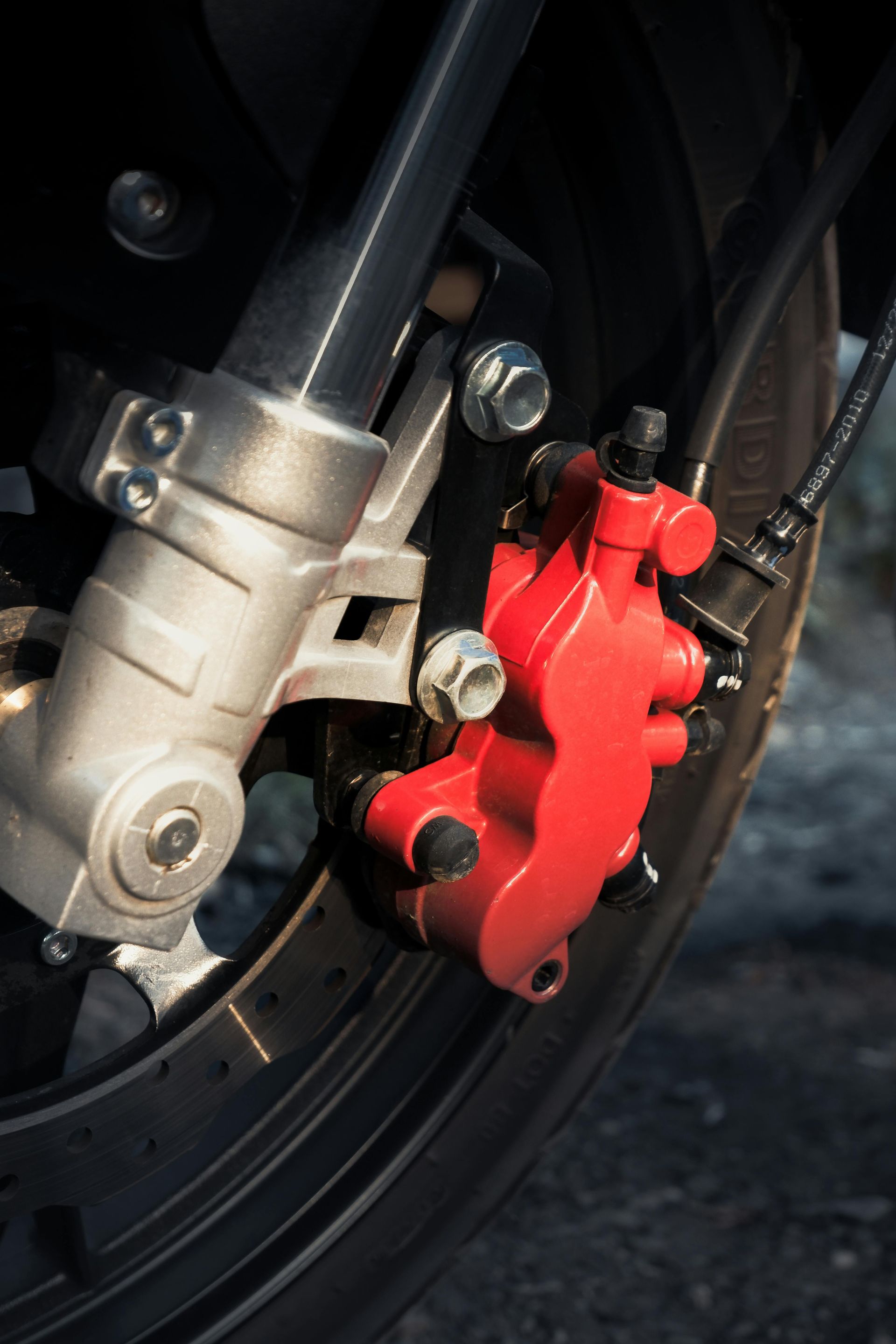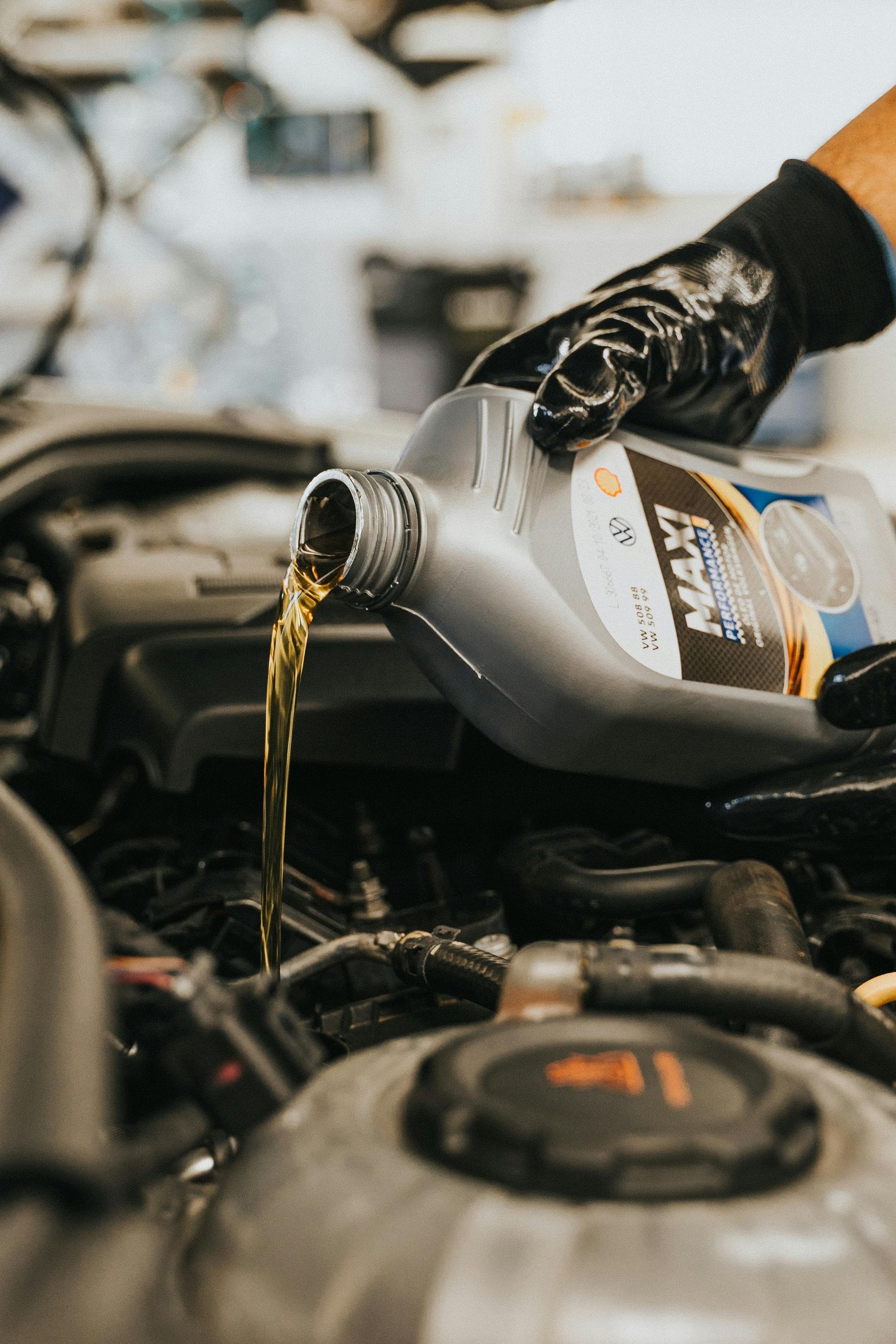Unveiling the Hidden Benefits of Car Suspension
Your car’s suspension system may be one of the unacknowledged icons of your daily drives, calmly ensuring your comfort and safety on the road. In our journey to unveil the hidden benefits of car suspension, we’ll explore the often-overlooked advantages of how car suspension is crucial for your driving experience and overall vehicle performance.
From enhanced ride comfort to improved handling and control, this unpretentious system plays a vital role in driver safety, extended tire life, and fuel efficiency gains. We’ll delve into its impact on road safety and passenger protection, cost savings, the exciting possibilities for personalization, and its critical role for off-road enthusiasts.
Whether you’re searching for a “ car suspension shop near me ” or simply anxious about the benefits, this blog is your guide to unlocking the full potential of your vehicle’s suspension.
So, let’s dive into the World of car suspension.
Enhanced Comfort
How a well-maintained suspension system enhances ride comfort
A well-maintained suspension system ensures a smoother ride by effectively gripping shocks from uneven roads. This means fewer bumps and jolts, resulting in a more comfortable driving experience. It plays a crucial role in decreasing passengers’ physical pressure and improving overall ride quality.
Effect on driver and passenger experience
The suspension system significantly impacts the driver and passenger experience. For the driver, it reduces exhaustion and stress, allowing for better focus and control. Passengers, conversely, enjoy a more satisfying and enjoyable journey, specifically during long trips, thanks to the improved ride quality and minimized discomfort.
Decreasing road vibrations and distress
One of the critical functions of a well-maintained suspension is reducing road vibrations and discomfort. It achieves this by minimizing the transfer of shocks and vibrations from the road to the vehicle. This results in a smoother, more steady ride and separates the cabin from road noise, making it a quieter and more pleasant environment for all occupants.
Improved Handling and Control
Relationship between suspension and vehicle stability
The suspension system plays an important role in maintaining a vehicle’s stability. It ensures that the tires maintain proper contact with the road surface, blocking slipping and swaying and ultimately participating in safer and more controlled driving.
Improved road grip and better handling in various conditions
A well-functioning suspension enhances road grip and allows better control in different driving conditions. Whether on wet, slippery roads or sharp turns, a sound suspension system helps the tires maintain ultimate contact with the road, improving handling and flexibility.
Implications for Driver Safety
The suspension effects on vehicle stability and control directly relate to driver safety. An adequately supported suspension system reduces the risk of significant accidents by controlling skidding, improving traction, and ensuring the driver can maintain vehicle control, even in challenging situations, eventually making the road safer for everyone.
Extended Tire Life and Fuel Efficiency
Cost Savings Through Suspension Maintenance
Regular suspension system maintenance boosts tire life and results in noteworthy cost savings. You can keep more money in your pocket by preventing premature tire wear and replacement. So, always prioritize suspension maintenance. There are so many options.
You can search for a car suspension shop near me , and you will find a lot of shops you can select from but also prioritize strategic maintenance for your ride. Carmotive Total Auto Care provides various auto repair services in Houston, TX, such as auto maintenance services , fluid exchange services , air condition repair services , tire and wheel alignment services .
Fuel Efficiency Gains
A well-functioning suspension system is a hidden support for improving fuel efficiency. It minimizes energy loss through vibrations and uneven landscape, helping your vehicle move more effectively. This results in reduced fuel consumption, saving you money at the pump while reducing your carbon footprint.
Safety Considerations
Car suspension role in accident prevention
When it comes to the performance and safety of your vehicle, the suspension system is a key safety element that often goes underappreciated. Opting for professional auto suspension repair services in Houston, TX , is a smart choice for car owners.
Its main function in accident prevention is securing optimal tire-to-road contact, directly affecting steering control and strength. A well-maintained suspension system helps bypass sudden skids or loss of power during emergency ploys, reducing the risk of accidents.
Mitigating the risk of rollovers and collisions
A stable and balanced suspension system reduces the likelihood of rollovers and wrecks. Effective suppressing shocks and maintaining tire contact improve a vehicle’s ability to navigate sharp turns and impulsive stops, making it more resistant to overturning and crashes, especially in damaging driving conditions.
Importance for road safety and passenger protection
Car suspension isn’t just about ride comfort; it’s vital to road safety and passenger protection. A properly operating suspension system guarantees a safer, smoother ride, protecting co-passengers from injury and contributing to overall road safety by lowering accidents and their linked risks.
Reduced Wear and Tear
Minimizing wear on various vehicle parts
Proper maintenance of your car’s suspension system is about a smooth ride and expanding the lifespan of several essential vehicle components. A well-functioning suspension reduces wear and tear on parts such as tires, brakes, steering, and even the vehicle’s frame.
By gripping shocks and vibrations, the suspension system protects these components from extreme stress and damage, assuring they last longer and perform more effectively.
Importance of overall vehicle longevity and maintenance costs
The long-term implications of reduced wear and tear due to a well-maintained suspension system are influential. It leads to enhanced vehicle longevity, which summarizes lower maintenance costs and fewer repairs over the vehicle’s life. This saves money and ensures your vehicle remains trustworthy and safe, contributing to its longevity and performance.
Customization Options
Analyzing the possibilities for customizing a suspension system
Modern suspension systems offer various customization options, allowing vehicle owners to refine their vehicles to their specific desires and needs. These options include adjustable stabilizers, ride height modifications, and different spring rates. Car lovers can choose between a soft, comfortable setup for city driving or a more rigid, sportier configuration for improved cornering on the track. Customization caters to a wide variety of driving styles and requirements.
How personalized suspension setups cater to specific driving needs
Personalized suspension setups are essential for modifying your vehicle’s performance to your specific driving needs. Whether you’re a daily commuter, an off-road adventurer, or a track enthusiast, customizing your suspension system can remarkably enhance your driving experience. It ensures your vehicle handles how you want it to, providing optimal control, comfort, and performance in various driving conditions, making your car uniquely suited to your lifestyle and preferences.
Off-Roading Capabilities
Specialized suspensions for off-road enthusiasts
Off-road enthusiasts require a suspension system that can resist the rigidity of challenging terrains. Specialized off-road suspensions are designed with features like more extended travel, vital shock absorbers, and durable parts. These suspensions can defeat obstacles, soak up impacts, and maintain tire grip on uneven ground. They’re engineered to fight extreme conditions, making them crucial for any serious off-roader.
Enhanced off-roading experiences and adventures
The existence of a specialized off-road suspension system is what turns a regular vehicle into an off-road beast. It allows drivers to confidently navigate through mud, rocks, sand, and rough trails, providing a smoother and more controlled ride. For off-road enthusiasts, this means more thrilling and adventurous experiences as they can explore challenging landscapes that would be impossible or uncomfortable for standard vehicles. Enhanced off-roading capabilities offer exciting adventures, safety, and reliability in the great outdoors.
Signs of Suspension Problems
Common indicators of suspension issues
- Irregular tire wear
- Harsh or jagged ride
- Excessive bouncing after bumps
- Drifting or wobbling during turns
- Unusual noises (clunks or squeaks) while driving
When to seek professional help for suspension-related problems
- Address these symptoms right away
- Ignoring suspension issues can lead to safety concerns
- Skilled technicians can analyze and repair problems
- Ensure your vehicle’s suspension is safe and in optimal condition
Suspension Maintenance Tips
Practical advice for maintaining your car’s suspension system
- Routine inspection for signs of wear, like leaking shocks or damaged elements.
- Keep the system clean by clearing waste and rust.
- Maintain proper tire pressure to reduce suspension stress.
Steps for DIY maintenance and regular check-ups
- Perform basic tasks like cleaning and oiling suspension parts.
- Perform optical inspections regularly to spot seeable issues.
- Seek professional assistance for complicated problems or repairs to control further damage.
- Proper care and checks extend the life of your suspension system, ensuring safety and comfort.
Advancements in Suspension Technology
Recent innovations and developments in suspension technology
- Adaptable suspension systems
- Captivating ride control
- Air suspensions with variable ride heights
- Developed materials like carbon fiber
- Progressive dampers for improved performance
New Technologies Improve Suspension Performance
- Improve ride comfort
- Real-time adjustments for road requirements
- Diminished body roll during cornering
- Enhanced handling and stability
- Improved safety and overall driving experience
Conclusion
In summary, we’ve unveiled the hidden benefits that leave a deep effect on your driving experience and vehicle performance. From delivering enhanced comfort to maintaining handling and control, ensuring driver safety, extending tire life, and improving fuel efficiency, your car’s suspension plays a crucial role.
Car suspension protection improves vehicle stability, road grip, and accident deterrence.
Your wallet also benefits, with savings from vast tire life and improved fuel mileage. Personalization options allow you to maintain your suspension to your driving needs, while technical off-road breaks provide thrilling experiences.
Your car’s suspension is more than comfort; it’s essential for performance, safety, and cost savings. Don’t wait to search for a “ car suspension shop near me ” when issues occur. Prioritize foresighted maintenance for an expedition that’s smoother, safer, and more efficient.









